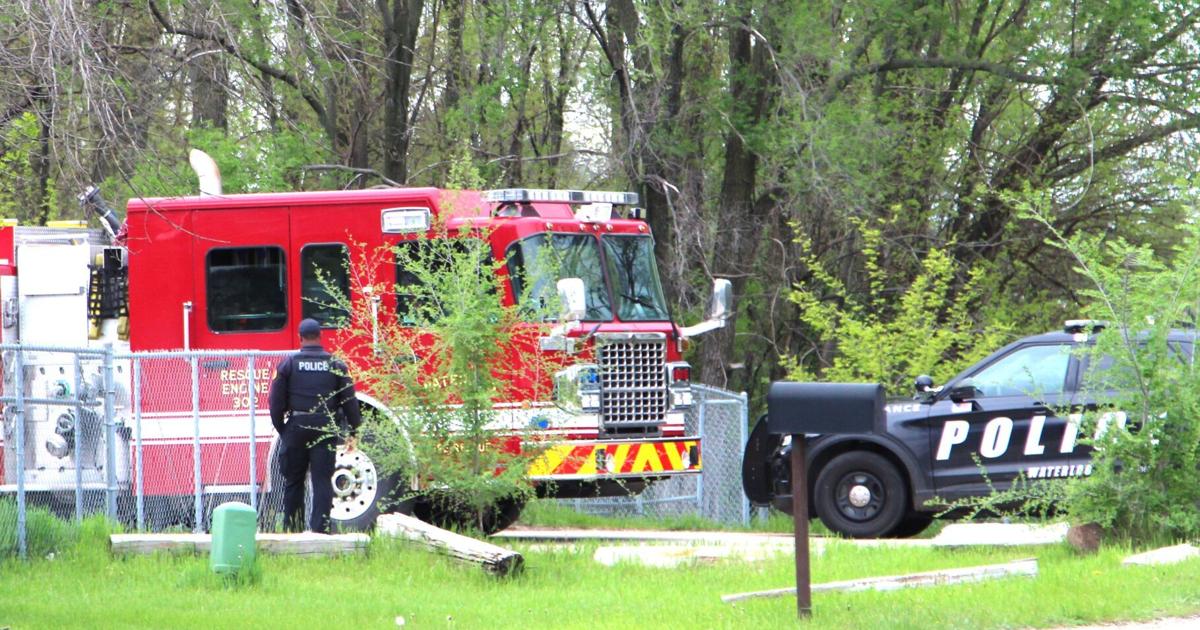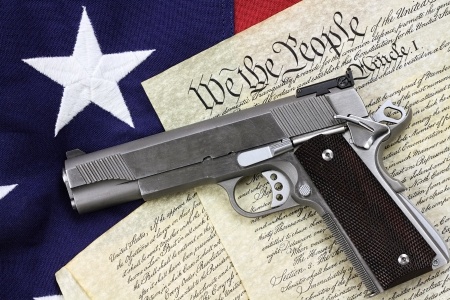AUGUSTA, Maine — After a mass shooting, a former sheriff from Portland got some Republicans to sign on to a so-called red flag bill that would have allowed families or police to ask a judge to take guns from dangerous people.
Despite being watered down in negotiations, it was still vetoed by then-Gov. Paul LePage due to concerns from his fellow Republicans and gun-rights groups.
In retrospect, it was a watershed moment in the State House, showing bipartisan action was possible on one of the most divisive issues in this age of American politics while shaping a law that passed a year later and has been hotly debated since the Oct. 25 Lewiston mass shooting that killed 18 people.
Experts have said police should have used it to take guns away from the shooter, 40-year-old Army reservist Robert R. Card II of Bowdoin, after being informed of his deteriorating mental health in the weeks before the shooting. Advocates for gun control have also argued that it is inadequate and called for a stricter law like ones Maine lawmakers turned down.
“Our model should have worked,” former Attorney General Michael Carpenter, a Democrat who helped craft the yellow flag law as a state senator from Houlton, said. “Would a red flag bill have worked? Perhaps it would have, depending on how it was crafted.”
Maine stands out nationally as a Democratic-led state with loose gun laws. Voters turned down a background check expansion in 2016. While Gov. Janet Mills backed gun control ideas in her Democratic primary two years later, she has dissuaded gun control measures and worked closely with the gun-rights Sportsman’s Alliance of Maine.

Both of those players were heavily involved in the passage of the yellow flag law, which allows police to take weapons away from people deemed dangerous by a medical professional and a judge. Another 21 states have red flag laws, which typically allow family members and police to ask a judge to confiscate weapons from a dangerous person.
Just after the 2018 school shooting in Parkland, Florida, that killed 17 people, then-state Sen. Mark Dion, D-Portland, submitted a red flag bill that originally included five Republican co-sponsors and would have allowed guns to be seized for 21 days ahead of a hearing on whether to extend the temporary order.
It got heavy opposition from gun-rights groups, including the sportsman’s alliance and the National Rifle Association, the latter of which said at a hearing that the law would “lead to people losing their rights without justification.” Mills, who was attorney general and running against Dion in the gubernatorial primary, led negotiations on the topic.
The version she helped produce assuaged many by tying seizures to a mental health diagnosis. Only three Senate Republicans opposed it. But Dion said he spoke to an NRA representative around that time who said “we’ve got to kill this. LePage issued a veto letter calling its due process protections “simply insufficient,” and House Republicans backed him up.
One of the bill’s opponents was Sen. Lisa Keim, R-Dixfield, who had co-sponsored Dion’s original version. She joined it because she “wanted to be at the table” on an important issue and argued that the bill did not change enough during the months of talks for her to back it.
But that measure provided a starting point after Mills and Democrats swept the 2018 election. Sen. Rebecca Millett, D-Cape Elizabeth, put forward a sweeping red flag measure that surpassed Dion’s by requiring a search warrant be issued if there is probable cause that the subject of an order has a gun. Keim submitted a bill tying seizures to mental health conditions.
Mills again got to work behind the scenes. Derek Langhauser, her top lawyer at the time, was influential in redrafting Keim’s bill to mirror an existing 1983 law on protective custody. She and Carpenter helped shepherd it through the Legislature with support from the sportsman’s alliance and silence from the NRA.
Maine’s novel approach has gotten national scrutiny since the Lewiston shooting. Everytown for Gun Safety, a group linked to former New York City Mayor Michael Bloomberg, has called for a red flag law and other gun control measures, while Keim called a desire for new laws “the completely wrong assumption.”
“It was the exact scenario that was discussed and then it wasn’t utilized,” she said of Card’s case.
On the other side is Rep. Michael Brennan, D-Portland, who was one of only a handful of lawmakers to vote against the yellow flag bill because he thought it did not go far enough. He noted that the law has had an effect because it has been used more than a dozen times since the Lewiston shooting, but said he would still support going further.
“I’m very certain that when we go back next session, there’s going to be a much longer and more substantial discussion about having a red flag law,” Brennan said.
















